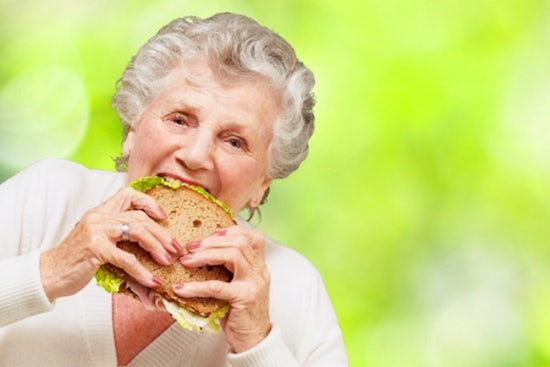Helping older South Aussies improve health
New research is looking at how older South Australians can achieve dietary targets and improve their nutritional health and wellbeing.

New research is looking at how older South Australians can achieve dietary targets and improve their nutritional health and wellbeing.
Meals on Wheels SA (MoWSA) has embarked on the ‘ground breaking’ research study into nutrition for older South Australians.
It comes at a time where obesity remains a primary public health concern yet the issue of malnourishment and under nutrition continues to be overlooked.
The study will compare the health outcome of clients aged over 70 receiving standard Meals on Wheels meals versus a meal with additional protein and energy. These results will be compared with a group of older people who do not use Meals on Wheels’ services.
It seeks to find, over a 12 week period, whether undernourished older people receiving Meals on Wheels meals that are fortified with extra energy and protein, achieve their estimated energy and protein requirements more readily than people receiving standard meals, or no meals.
Whether the fortification facilitates a greater improvement in nutritional and health status is also being investigated.
The ongoing study is being conducted in collaboration between MoWSA, the University of Adelaide, Flinders University and CSIRO Animal, Food and Health Sciences. It’s expected to be completed in six months.
Research scientist, Dr Natalie Luscombe-Marsh, CSIRO and University of Adelaide affiliate, said early indicators of the research were positive.
“Preliminary findings show that Meals on Wheels is helping older people reach their nutrition requirements,” she said.
“After 12 weeks of intervention we have found that the provision of Meals on Wheels to undernourished, older people improves total energy and protein intakes, particularly for high protein and high energy meals.
Dr Luscombe-Marsh is calling on more people aged over 70 to be involved in this research, whether they use Meals on Wheels or not. The study is confidential and at no cost to participants.
To volunteer or for more information, contact research scientist, Dr Natalie Luscombe-Marsh – natalie.luscombe-marsh@csiro.au























